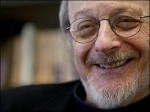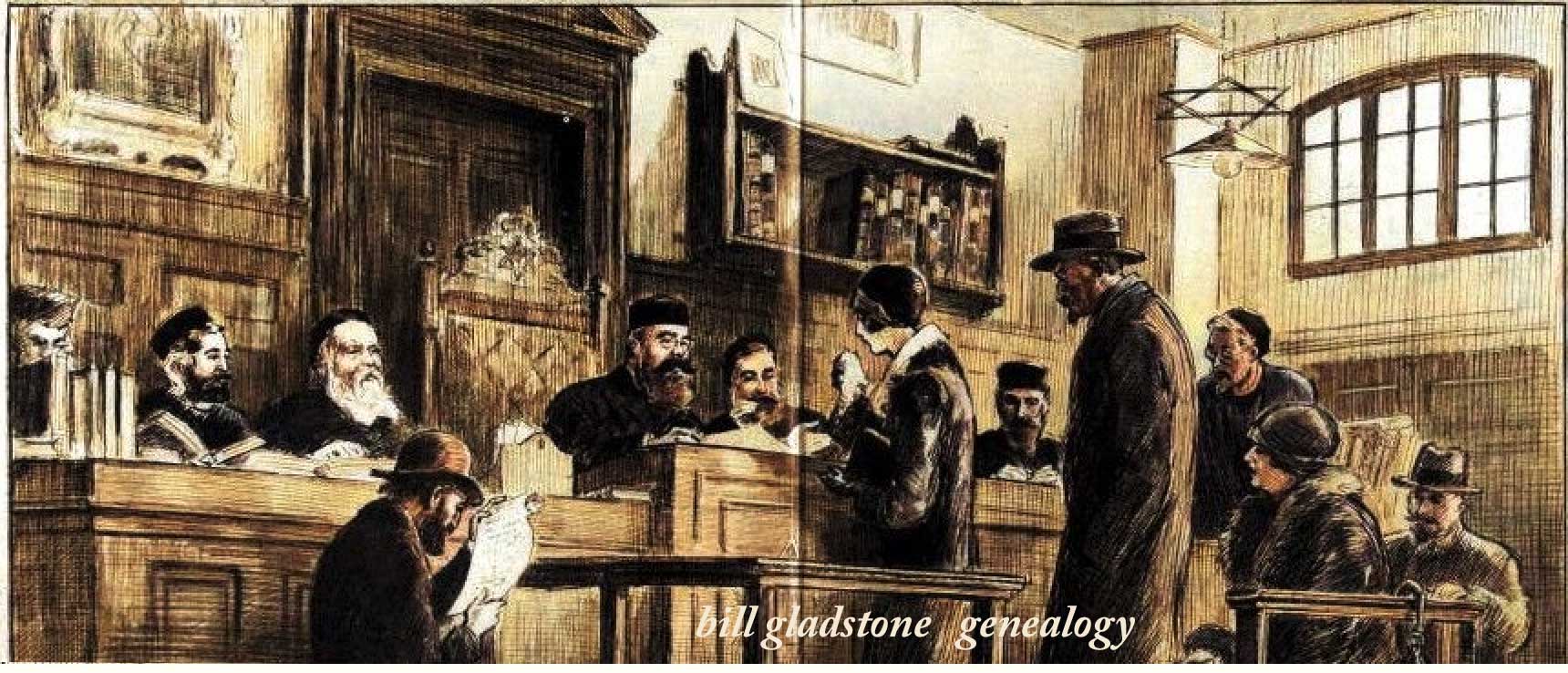 In a public discussion in Toronto (1995), New York-based writer E. L. Doctorow likened the process of writing a novel to taking a journey by automobile at night. “You can only see as far as your headlights go, but you can make the whole trip that way,” he said.
In a public discussion in Toronto (1995), New York-based writer E. L. Doctorow likened the process of writing a novel to taking a journey by automobile at night. “You can only see as far as your headlights go, but you can make the whole trip that way,” he said.
The author of such celebrated works as Ragtime, The Book of Daniel, World’s Fair, Billy Bathgate and The Waterworks, his lateset, Doctorow elegantly deflected several questions about his influences and the creative process. “There are some questions you have to leave to your readers and your critics — in fact, most of them,” he said. “It’s hard enough writing these books. When it comes to your own work, you really don’t want to know what you do.”
Speaking at the Harbourfront International Festival of Authors, Doctorow said that he, like many writers of the Cold War era, has been greatly affected by the underlying political circumstances of this period. “How can something that lasted 50 years not have an effect on the national psyche?” he asked.
“Writing,” he said, “has become very timid. Young writers have lost their sense of possibility. . . . People came home and locked the door and pulled the shades and wrote about their own kitchens and bedrooms, as if there was nothing outside.”
The Waterworks emerged from a story that Doctorow wrote about 20 years ago, he said. The story was based on a powerful mental image of an enormous indoor park, with steam rising out of grates and old men sitting around in a state of catatonia. He also saw a boy sailing a toy boat on a municipal reservoir and a man being chased. “I, too, wondered what had gone on. I didn’t understand what I had written. It was a dream story. I thought about it for 20 years. . . . The novel The Waterworks was an exegesis of the story.”
Doctorow’s grandparents were Jewish immigrants who came as children to America about 1880, he said. “The women all seemed to be observant if not pious, and the men were all trade-union socialists and human secularists in their sensibility. My grandfather had this socialist idea that all problems of earth could be solved on earth. You didn’t have to wait.”
By coincidence, his mother named him after the writer Edgar Allen Poe. “I once said to her, ‘Do you know that you’ve named me after a drug-addicted, alcoholic, narcissistic man with strong necrophiliac tendencies?’ She said, ‘Oh Edgar, stop your kidding.’”
Doctorow defended his use of historical figures in his fiction, saying that Dumas, Tolstoy and many others have done the same. The Book of Daniel, which deals with the story of Julius and Ethel Rosenberg, “is not about the Rosenbergs,” he said. “It’s about what happened to them. I’ve said again and again, these characters are my characters.”
“Fiction is bold,” he continued. “It’s intrusive and invasive. It’s always invaded history. When Ragtime came out, people said, ‘You can’t do this, it’s not right. Did Ford and J.P. Morgan really meet?’ ‘Well,’ I said, ‘they have now.’ If you want to read a true fiction about J.P. Morgan, read his autobiography.”
He continued: “When people become public and generate public personae for themselves, they have in effect made fictions of themselves, They have come into my realm of their own behest, and they’re fair game.”
Doctorow once told Vaclav Havel, the jailed writer who later became president of the Czech Republic: “In our country, it’s different. First politicians assume office, and then they go to jail.” ♦
© 2005






